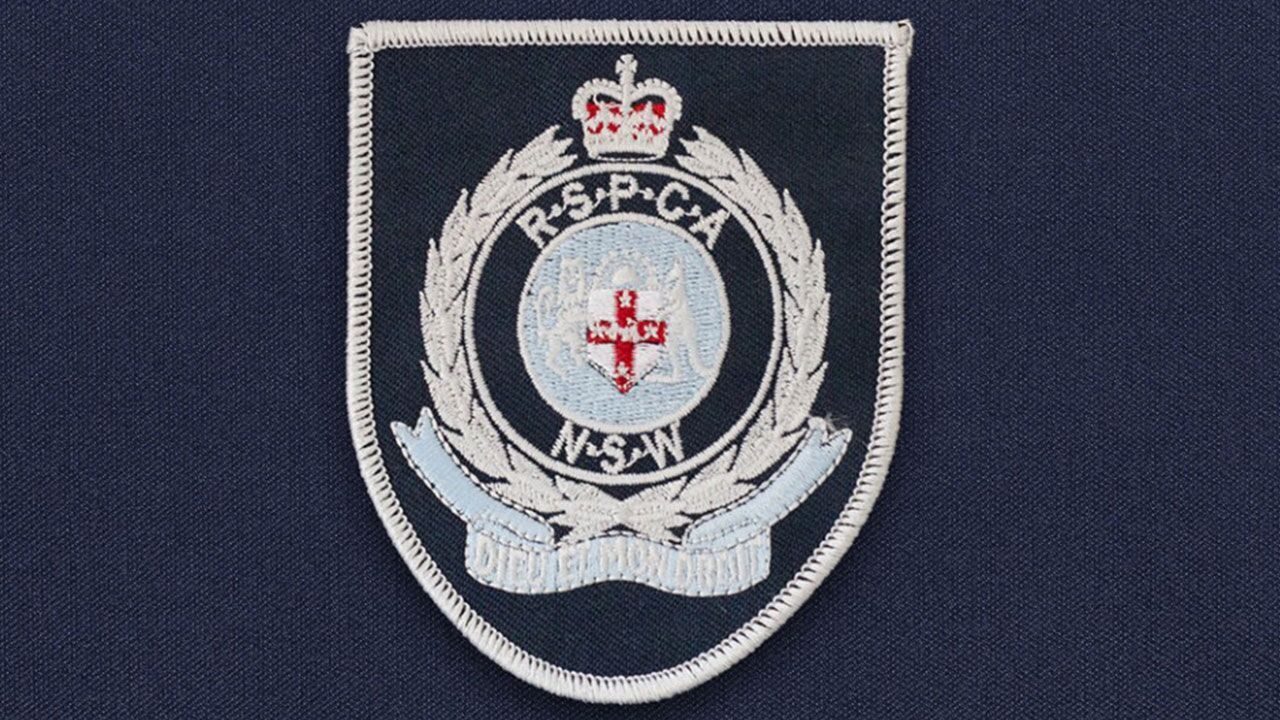Analysis of a tissue sample taken from a Hector’s dolphin spotted off the coast of Thames-Coromandel has aided understanding of the species and confirmed where the animals came from.
In October 2023, DOC staff were alerted to a sighting of an adult female Hector’s dolphin, accompanied by a juvenile, in the Firth of Thames near Te Kouma.
The sighting of the animals off the Coromandel’s west coast was rare and unusual, prompting DOC to urge the public to report their own sightings.
At the time, DOC marine scientists suggested the dolphins could be from the Hector’s population off the east coast of the South Island – a fact now confirmed by tissue sample analysis.
DOC Marine Technical Advisor Kristina Hillock says obtaining a tissue sample from a dolphin requires DOC staff aboard a vessel to get close enough to an animal to use a special dart gun. The dart gun secures a small plug of flesh – about the size of a fingernail – which is sent for DNA analysis.
“This is the first time we’ve obtained a sample from a Hector’s spotted in this area, and for us that’s crucial.
“Confirming the animals spotted in the Firth of Thames were originally from the South Island population helps us understand more about the species’ distribution – it’s another piece of the puzzle as we work to understand more about Hector’s dolphins.”
Kristina says there are usually a couple of sightings of Hector’s around the east coast of the Coromandel Peninsula every year, and DOC continues to urge the public to call in sightings of Hector’s dolphins.
“Hector’s dolphins have the distinctive round dorsal fin, like a Mickey Mouse ear – so our message is ’round fin, call it in’.”
People can report Hector’s and Māui dolphin sightings on a special online form on the DOC website, or by calling 0800 DOC HOT (0800 362 468).
People reporting sightings should record and send in as much information as possible, including the date, time and location (ideally GPS coordinates), and the number of dolphins and their estimated size. Photographs and video are also very helpful.
Kristina says reports of dead Hector’s or Māui dolphins are also helpful, and if the animals can be retrieved within a few hours of their death, it helps DOC staff and other marine scientists to develop more knowledge of the species.







